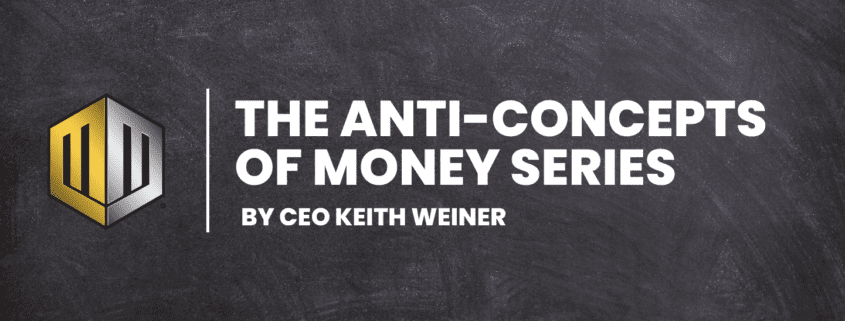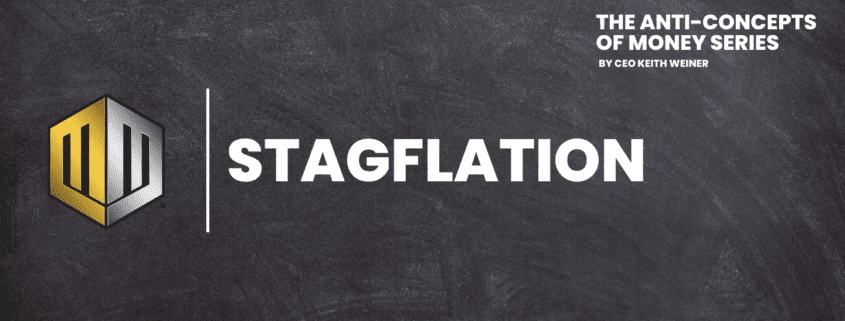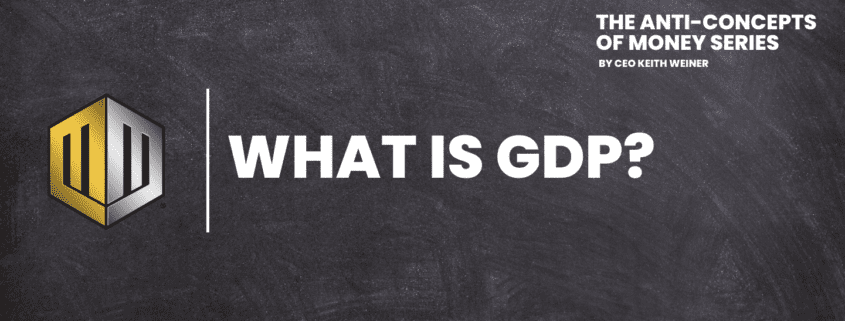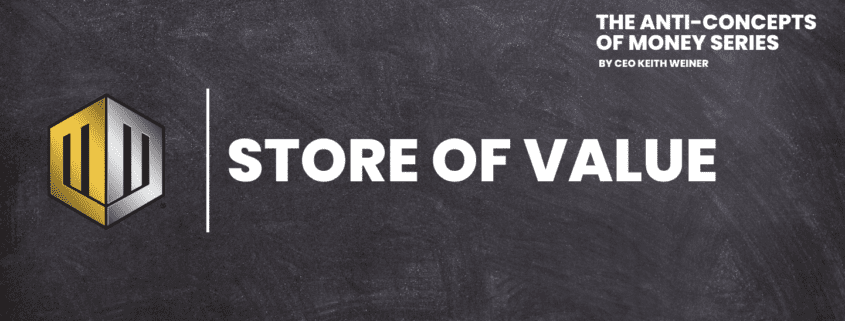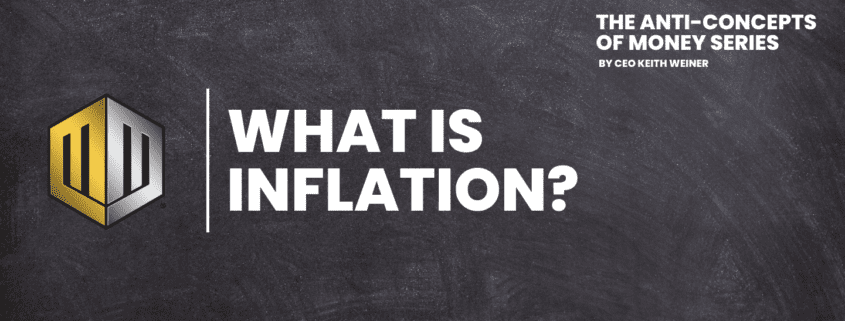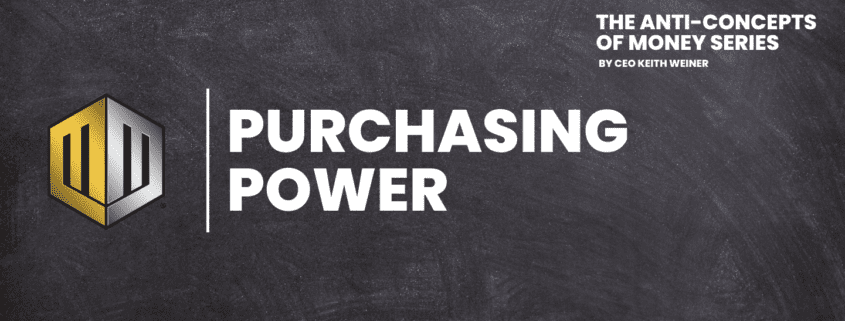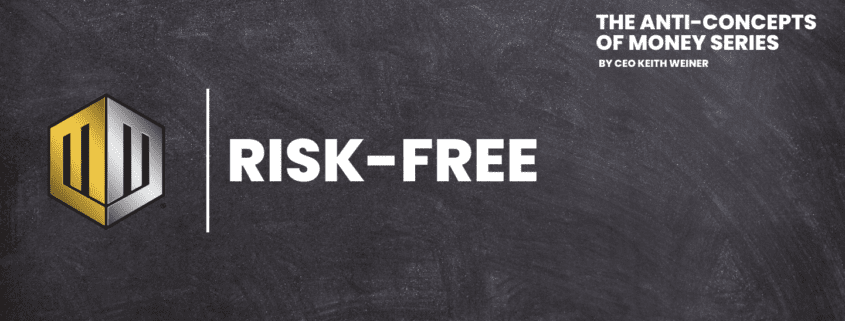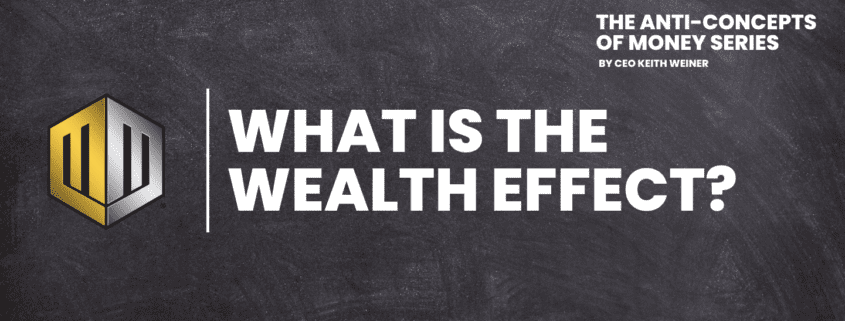The Anti-Concepts of Money: Conclusion
The Anti-Concepts of Money The cash-value of promoting each of these anti-concepts is that they lead people to think that the central bank should impose a monetary policy. To make our lives better. Our monetary policy is set by the Federal Reserve, which states that in pursuit of its mandate for price stability, it will engineer […]


